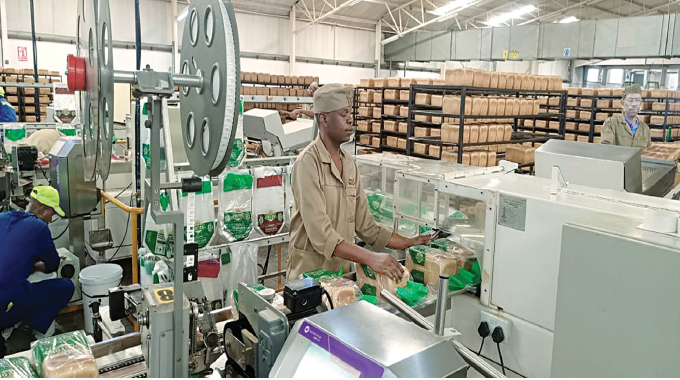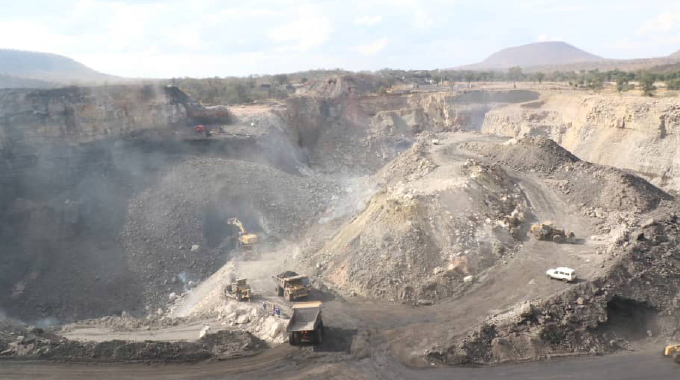Hydro power generation under threat
Oliver Kazunga, Senior Business Reporter
HYDRO-POWER generation is under threat in Zimbabwe due to frequent droughts whose negative impact is expected to persist in light of climate change, a Cabinet Minister said yesterday.
Environment, Water and Climate Minister Oppah Muchinguri-Kashiri said this in her key note address read on her behalf by the Director of Water Resources, Planning and Management, Engineer Tinayeshe Mutazu, at the Water, Sanitation, Hygiene and Energy Expo in Bulawayo.
The two-day expo ends today.
“A particular emphasis has to be placed on increasing the water use efficiency in energy production that is essentially producing more kilowatt hour per drop of water.
“Our own Kariba is precariously low that the hydropower generation is under threat.
“Apart from the highveld, large parts of the country are semi-arid, and are characterised by frequent droughts whose negative impacts will worsen in the wake of climate change,” said the minister.
“During the 2015/16 rainfall season, Zimbabwe was affected by the worst El Nino phenomenon in 18 years. The nation’s water security for domestic, industry, power supply and agriculture remains under serious threat.”
She also said the country’s water resources were being threatened by human activities such as deforestation, veld fires, gold panning and stream bank cultivation. As of yesterday, the Zimbabwe Power Company indicated on its website that Kariba Hydropower Station was producing 600 megawatts against an installed capacity of 750MW.
From all its power stations, the country, which has an estimated national demand of 2 200MW, yesterday generated a total of 966MW.
“The Government will need to import additional power, but this will only be possible if we pay our energy bills. Switching off switches, using energy-saving bulbs are some of the basic small practices that will give us huge positive results,” said Minister Muchinguri-Kashiri.
She challenged domestic and commercial consumers to find innovative ways and means of stretching the life of water to get positive outcomes.
“As Government, we have set up a Drought Response Team to lead in the development and implementation of mitigation measures required to ensure water security for the various uses until the next rainfall season,” the Minister said.
The current electricity shortages are due to lack of investment in power generation.
Since 2010, the Zimbabwe Energy Regulatory Authority (Zera) has licensed over 20 Independent Power Producers (IPP) with interest in developing hydro, thermal and solar power plants across the country.
Zera has said the power projects are at different stages of implementation.










Comments